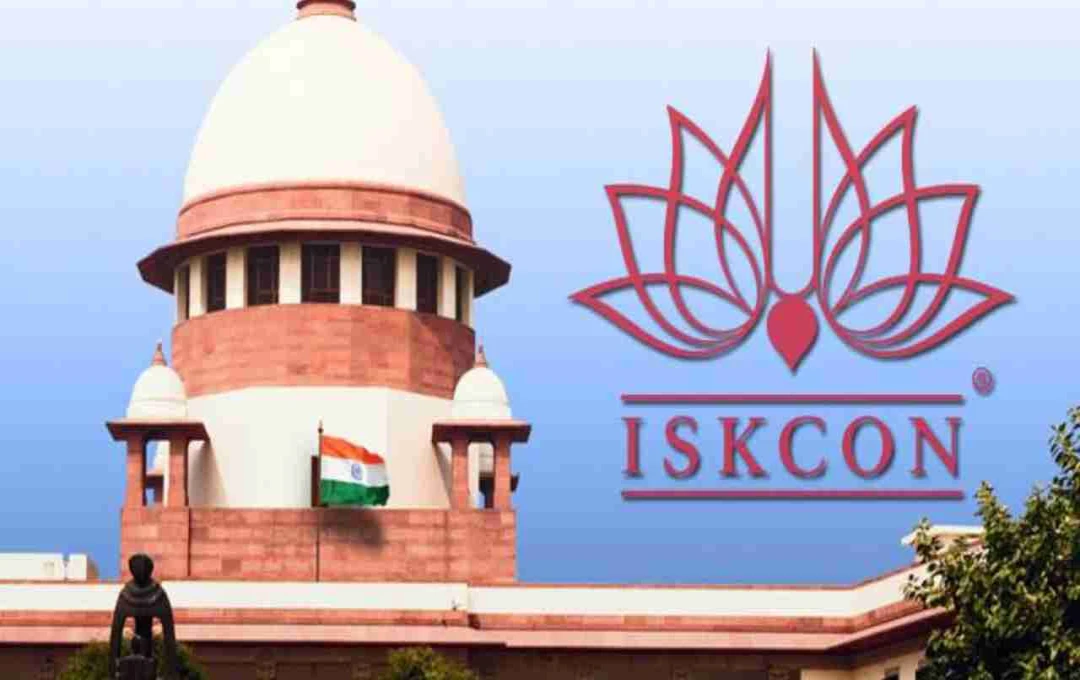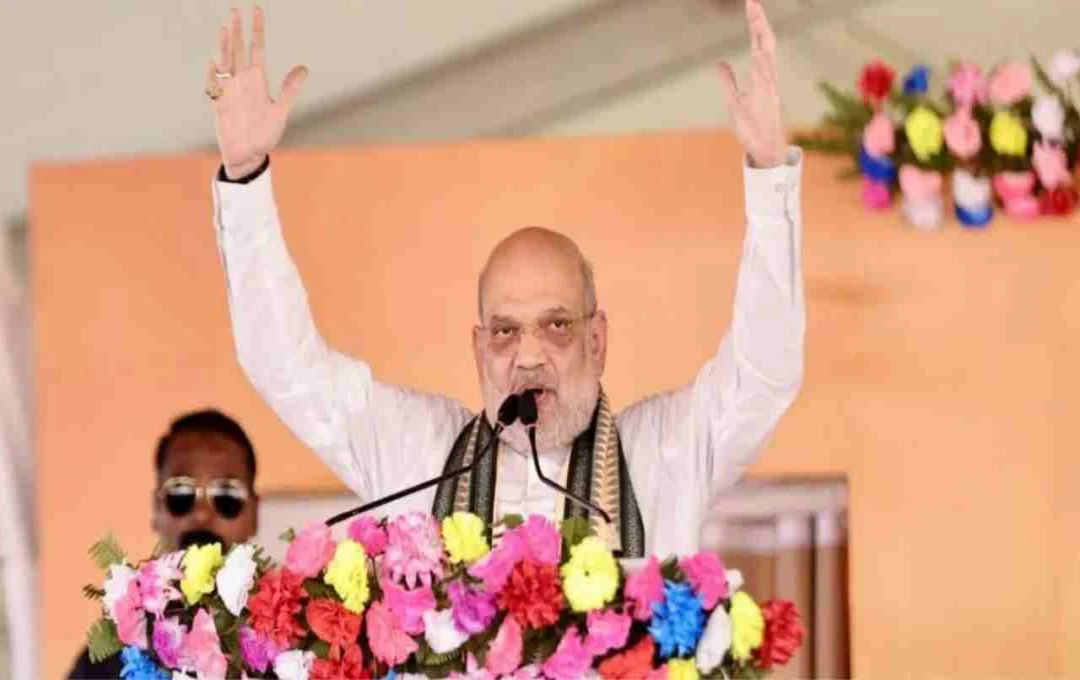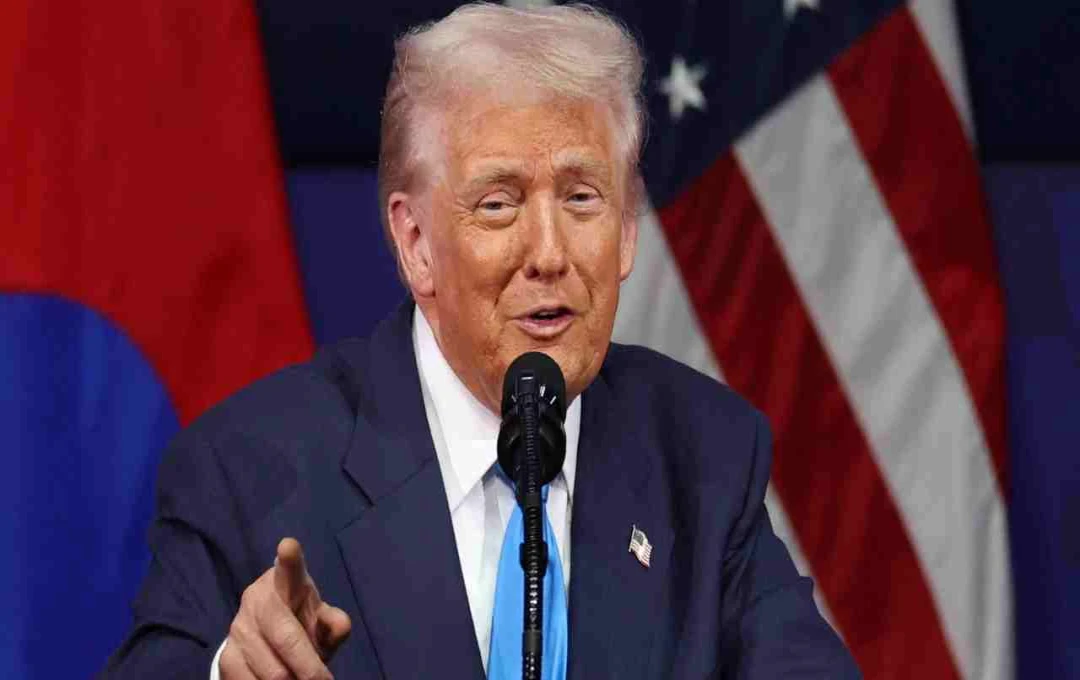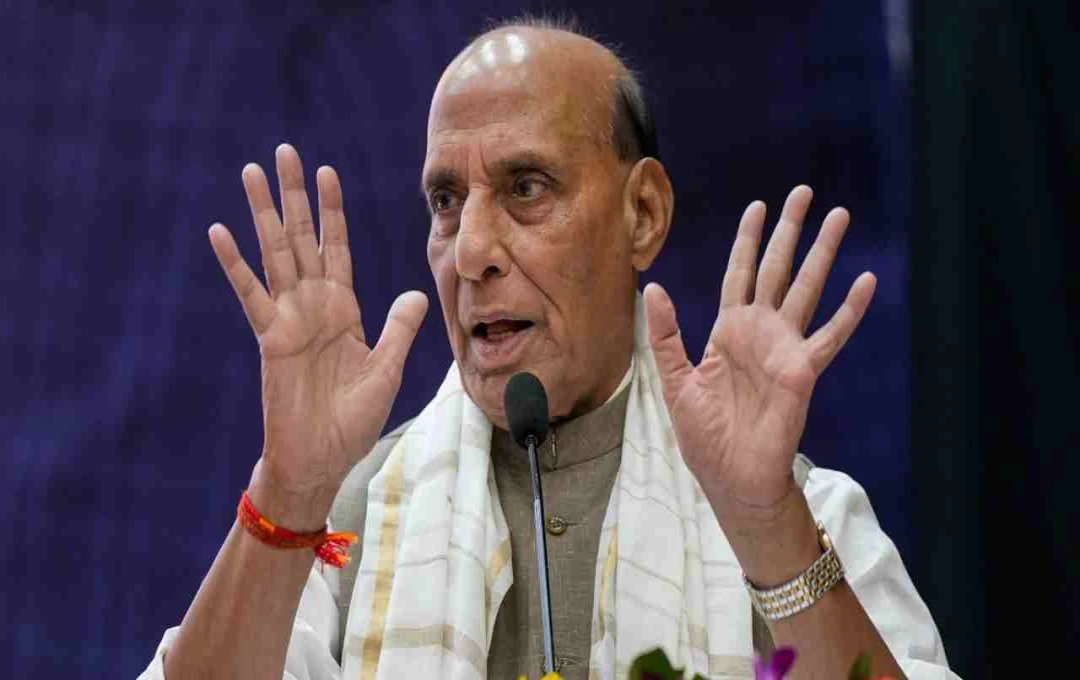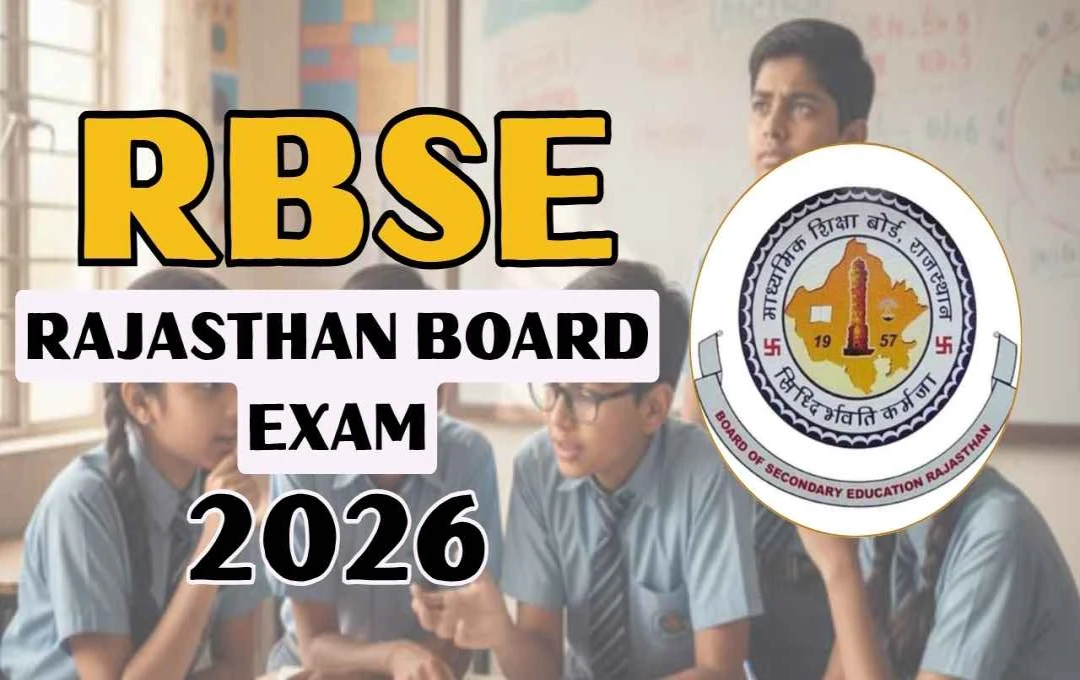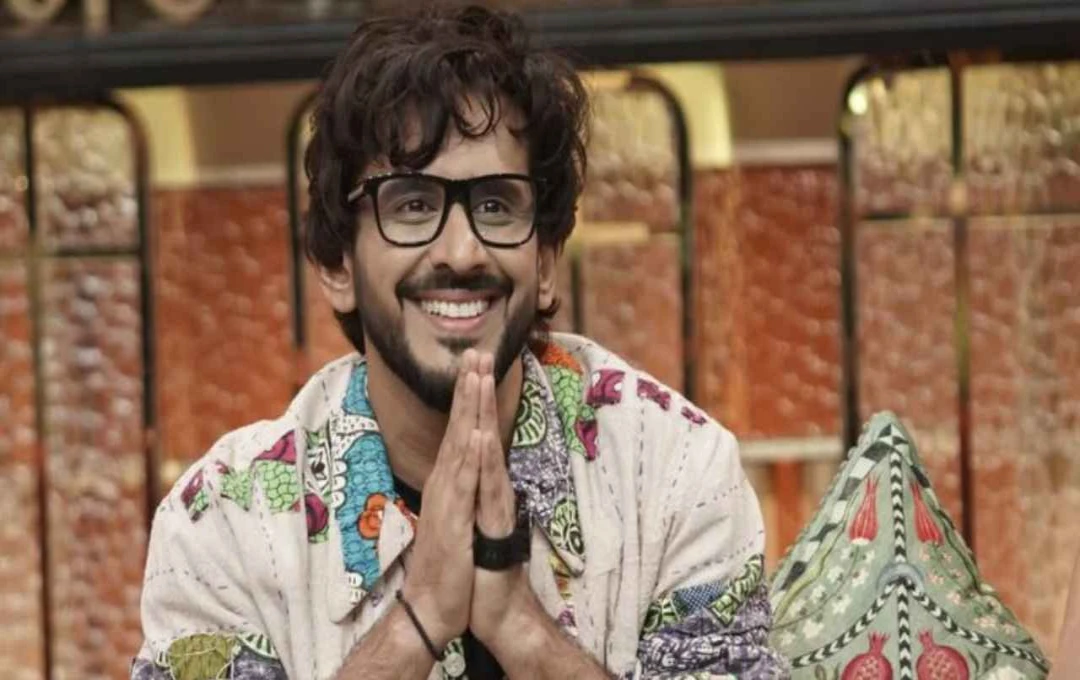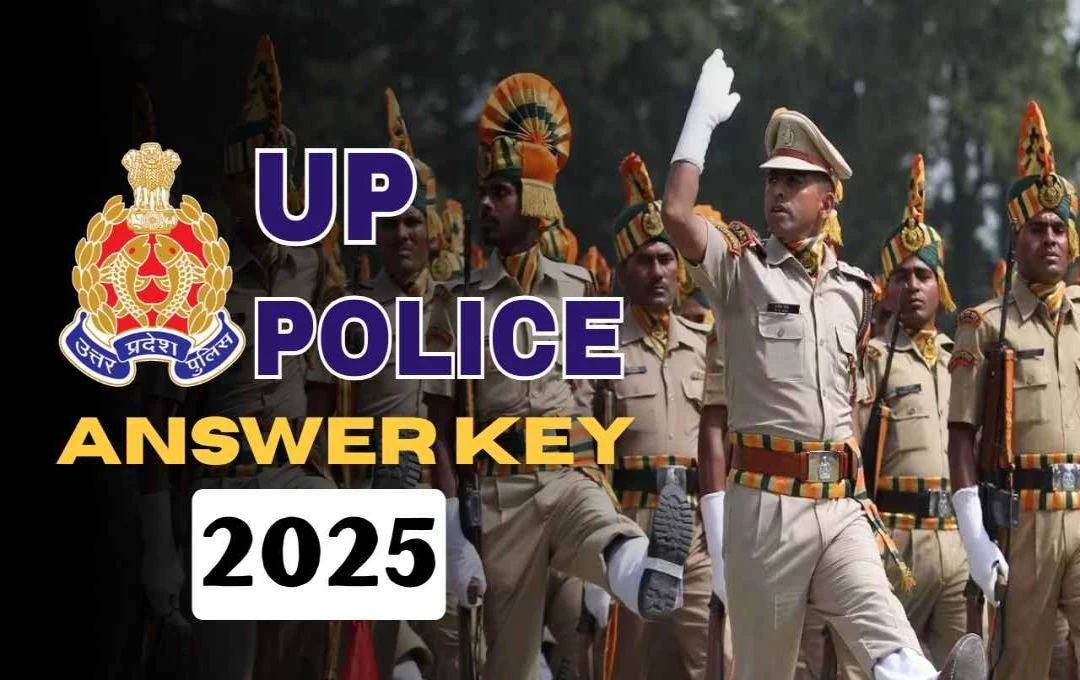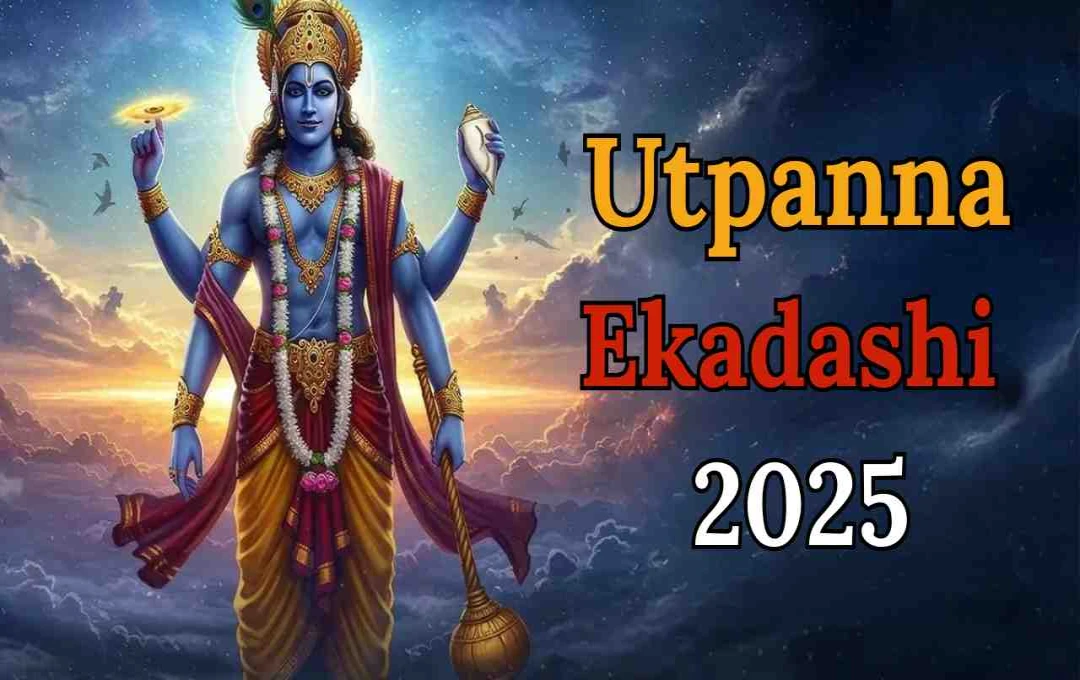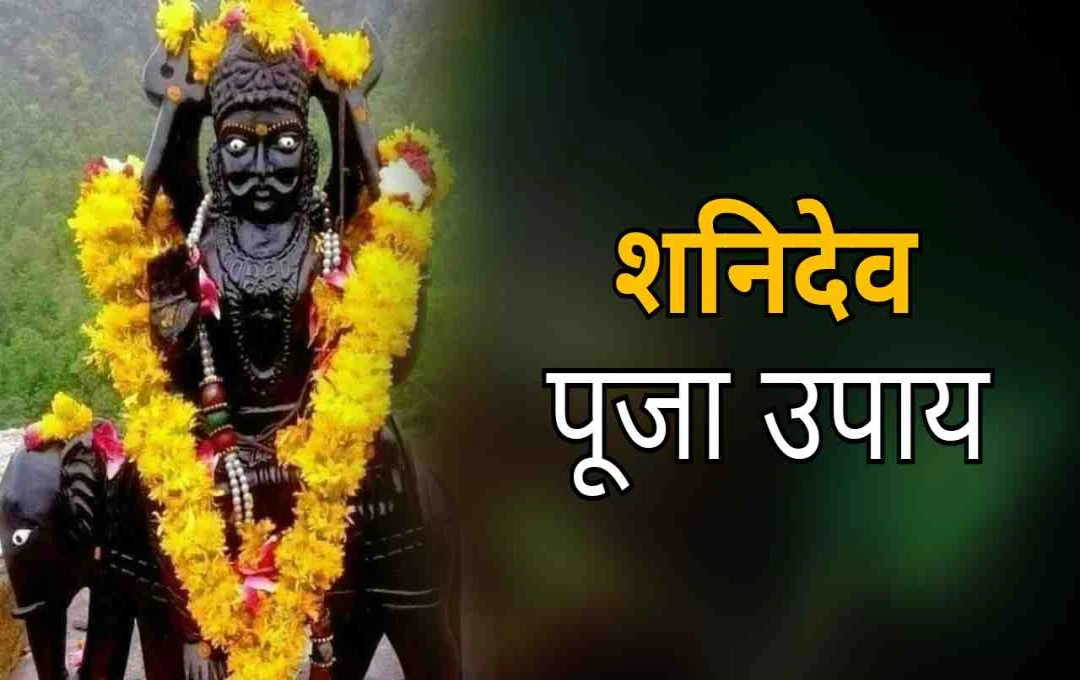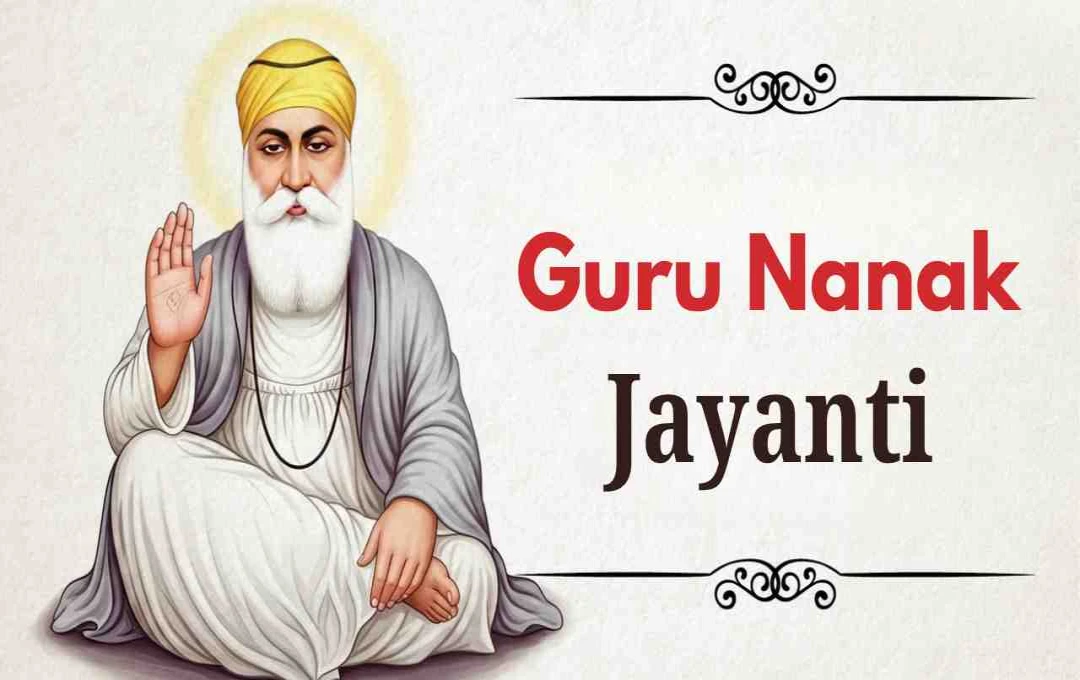The Supreme Court of India has delivered a significant judgment in the ongoing dispute between ISKCON Mumbai and ISKCON Bangalore. The court has clarified that the Hare Krishna Hill Temple in Bangalore will remain under the control of ISKCON Bangalore.
New Delhi: The Supreme Court has finally resolved a long-standing dispute between two prominent centers of the ISKCON religious organization, Mumbai and Bangalore, concerning property and organizational rights. Overturning the Karnataka High Court's decision, the Supreme Court ruled in favor of ISKCON Bangalore. The Supreme Court explicitly stated that the Bangalore Hare Krishna Hill Temple will remain under the ownership of ISKCON Bangalore, rejecting the claims of ISKCON Mumbai.
Background of the ISKCON Dispute
The dispute arose when ISKCON Mumbai claimed that ISKCON Bangalore was merely a branch, and therefore, all rights, including the property in Bangalore, belonged to ISKCON Mumbai. ISKCON Mumbai argued that the management of the Bangalore society and temple should be under Mumbai's control, as they were part of the same organization. Conversely, ISKCON Bangalore maintained its independent functioning for years and asserted its control over the temple and its property.
Supreme Court's Decision
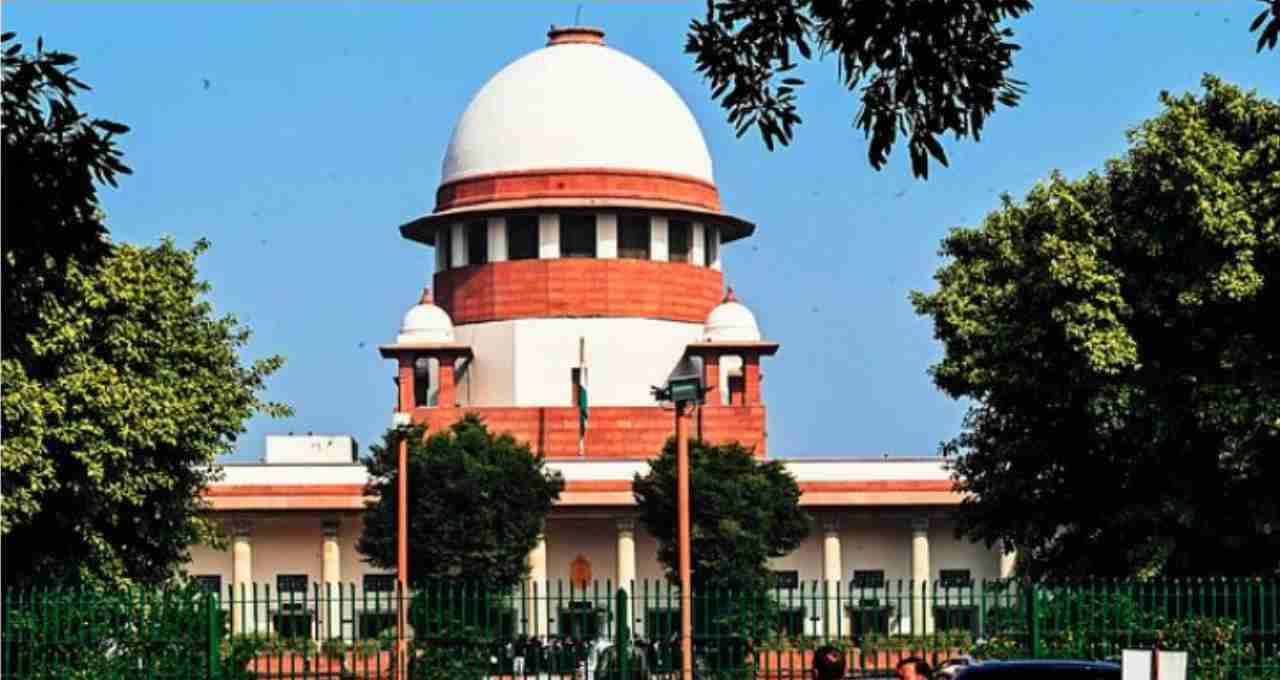
The Supreme Court's decision affirmed that the ISKCON Bangalore society and temple property would remain entirely under its jurisdiction. The court overturned the Karnataka High Court's order and dismissed ISKCON Mumbai's claims. The court declared ISKCON Bangalore an independent entity with separate management from Mumbai.
Response from the President of ISKCON Bangalore
Madhu Pandit Dasa, president of ISKCON Bangalore, expressed his happiness with the Supreme Court's decision. He stated, "This judgment is a very significant moment for the Hare Krishna movement and its founder, Srila Prabhupada, who attained Maha Samadhi in 1977. Since then, his disciples have carried forward this movement. ISKCON Mumbai attempted to include only those who considered Srila Prabhupada the sole guru, seeking to expel others and claiming ownership of ISKCON Bangalore's property—a claim now rejected by the Supreme Court."
Madhu Pandit Dasa further stated that the Supreme Court's decision upholds the organization's history and the truth of the faith, allowing ISKCON Bangalore to continue its independent existence.
Key Points of the Dispute
- ISKCON Mumbai's Claim: ISKCON Bangalore is merely a branch of ISKCON Mumbai; therefore, Bangalore's property should be under ISKCON Mumbai's control.
- ISKCON Bangalore's Stance: They have been independently managing the temple and its property for years and have full rights over it.
- Karnataka High Court's Order: The High Court initially ruled in favor of ISKCON Mumbai, but the Supreme Court reversed this decision.
Socio-Religious Implications of the Dispute
Such disputes within a religious organization like ISKCON are highly sensitive, involving not only property but also the devotees' emotional attachment and the guru-disciple tradition. The Supreme Court's decision clarifies that even within religious institutions, clear legal organizational boundaries are necessary. This judgment brings clarity between the two major centers of ISKCON, minimizing disruptions to religious activities.
